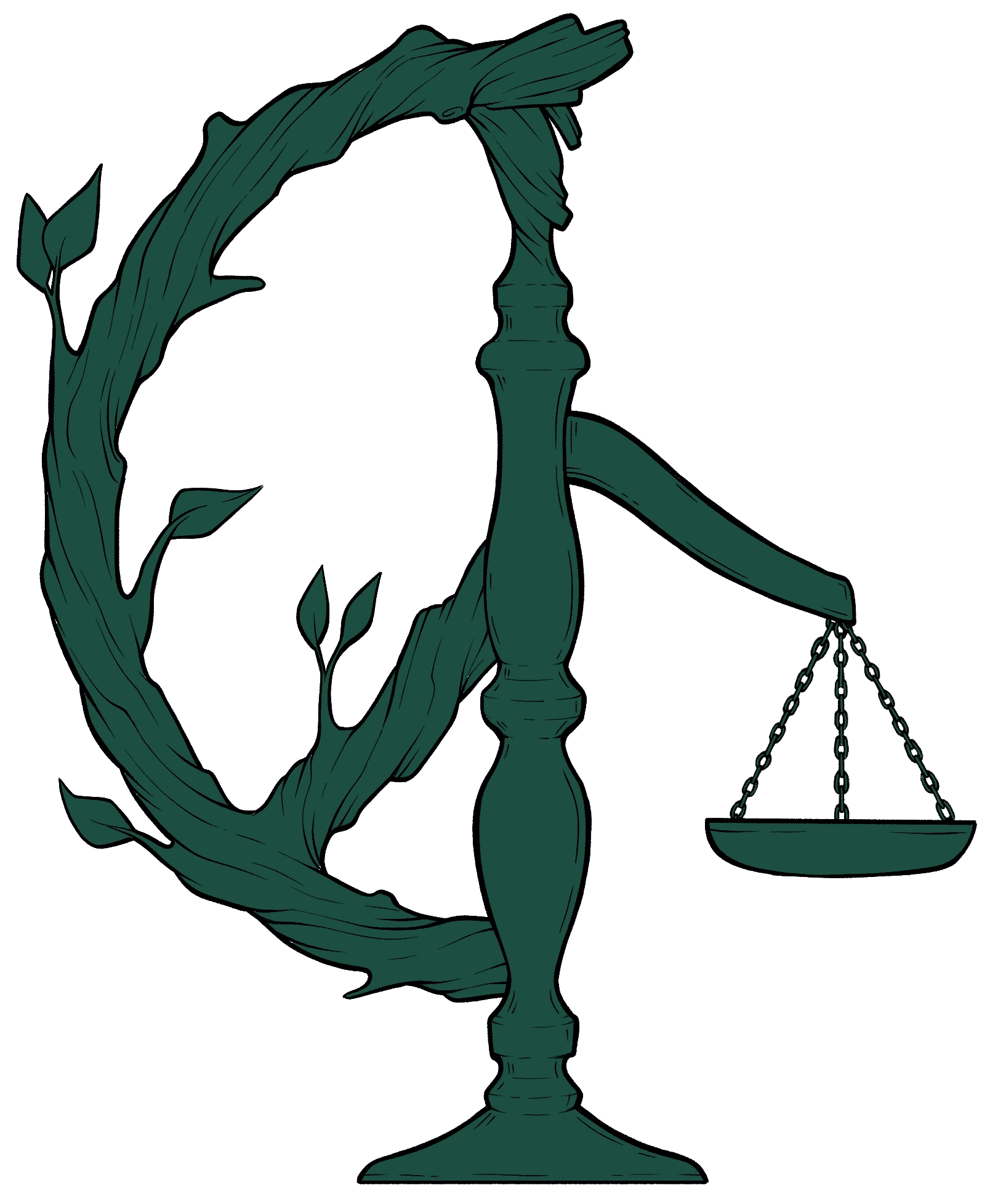Christian Nationalism: A Cynical Manipulation for Power
Christian Nationalism has deep historical roots in the United States, emerging prominently after
1877 as a tool to marginalize immigrants. Today, it finds support among approximately 33% of
Americans, driven by a carefully crafted narrative that intertwines religious fervor with political
ambition. This movement, however, is not a genuine expression of faith but a strategic
manipulation designed to concentrate power in the hands of a few wealthy individuals. This
essay aims to expose the cynical exploitation of religious beliefs by Christian Nationalism and its
underlying motives.
Christian Nationalism has a long history of surfacing during times of social upheaval, particularly
when the status quo feels threatened. The post-Civil War era saw its rise as a means to assert
dominance over immigrants and maintain existing power structures. This pattern resurfaced
during the Civil Rights Movement when integration threatened white supremacy. Jerry Falwell, a
key figure in the Christian Nationalist movement, infamously argued that segregation was
Biblical, refusing to desegregate Liberty University. This stance underscores the use of religious
justification to uphold discriminatory practices.
The modern Christian Nationalist movement took shape in the late 1970s and early 1980s,
driven by political strategist Paul Weyrich. Recognizing the potential of a unified, politically
active evangelical base, Weyrich approached Falwell and televangelist Pat Robertson. By
leveraging their congregations, he formed the Moral Majority, a powerful political force
advocating for conservative Republican candidates. This coalition was not born out of a
response to Roe v. Wade, as commonly believed, but out of a desire to protect segregationist
institutions from losing their tax-exempt status.
When the anti-segregation argument proved untenable, Weyrich and his allies shifted focus to
the issue of abortion. According to Jim McDermott, RNS, “The Southern Baptist Convention
applauded Roe v. Wade in 1973. But Jerry Fallwell and Pat Robertson agreed to start telling
people this is bad, in return for which they were going to get help turning back all the
progressive things they hated that the Supreme Court had done.” (Word & Way, May 30, 2024.)
This new rallying cry, framed as “saving unborn babies,” successfully galvanized the evangelical
vote. The ultimate goal was not moral or religious purity but political power—specifically, to
secure a Republican Supreme Court that would favor their interests.
The Council for National Policy (CNP), founded by Weyrich, exemplifies the strategic and covert
nature of Christian Nationalism. This secretive network includes influential groups like the Koch
brothers, Americans for Prosperity, and the Heritage Foundation. Their mission is clear: to
establish a dominionist agenda, wherein wealth and prosperity are seen as signs of divine favor,
while poverty is viewed as a moral failing. In fact, Weyrich told a group of evangelical leaders in
1980 that “our leverage in the elections quite candidly goes up as the voting populace goes
down.” This ideology undermines democratic principles, advocating for a theocracy where
power is concentrated among a select few.
To sustain their political influence, Christian Nationalists sought support from wealthy donors,
particularly oil barons. These donors invested heavily in political campaigns with the promise of
tax cuts and deregulation in return. This alliance between religious leaders and billionaire
donors highlights the transactional nature of the movement, driven more by financial gain than
genuine faith.
The 9/11 attacks provided another opportunity for Christian Nationalists to exploit fear and
division. Figures like Jerry Falwell blamed various marginalized groups for the tragedy,
reinforcing a narrative of us-versus-them. This rhetoric intensified with the election of Barack
Obama, leading to the rise of the Tea Party—a reactionary movement fueled by racial and
cultural anxiety. The Koch brothers’ investment in sophisticated data mining further solidified the
Christian Nationalist base, ensuring targeted outreach and mobilization.
Christian Nationalists found an unlikely champion in Donald Trump, whom they viewed as a
modern-day Cyrus—a flawed but divinely appointed leader. The CNP pledged their extensive
resources to Trump’s campaign in exchange for influence over judicial and cabinet
appointments. This alliance culminated in the 2016 election, where 81% of evangelicals voted
for Trump, believing he would dismantle the federal government they despised.
Central to Christian Nationalism is the myth of Christian persecution. This narrative, perpetuated
by leaders and media outlets like Fox News, claims that Christians are under attack and need to
defend their faith aggressively. This fear-mongering strategy encourages the purchase of
firearms and fosters a militant mindset among believers. The January 6th insurrection was a
direct result of this rhetoric, with Christian Nationalist networks playing a significant role in the
events that unfolded.
Christian Nationalism is a calculated manipulation of religious beliefs, designed to serve the
interests of a wealthy elite. By exploiting fear, social change, and cultural tensions, this
movement has successfully mobilized a significant portion of the American population. However,
its ultimate goal is not the promotion of genuine Christian values but the consolidation of power
and wealth. Recognizing this cynical exploitation is crucial to preserving the democratic
principles that underpin American society. The true path forward lies in rejecting the divisive and
manipulative tactics of Christian Nationalism and embracing a more inclusive and equitable
vision for the nation.
Source: Bad Faith: Christian Nationalism’s Unholy War on Democracy
